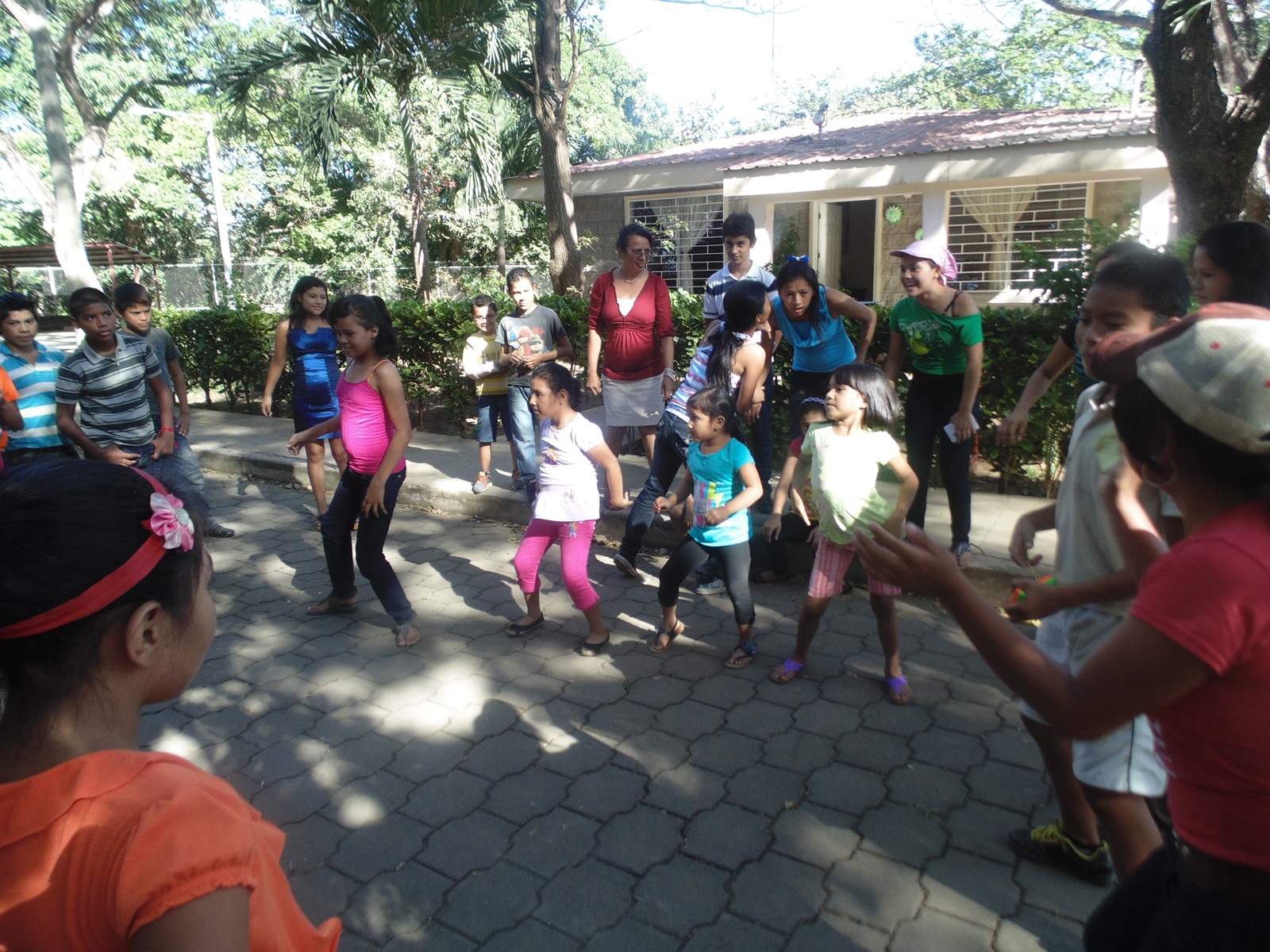Not far from the Costa Rican border, child poverty remains a widespread problem
.jpg?width=800)
The city of Rivas is situated in the South West of Nicaragua, roughly 110 kilometres from the country's capital Managua. Rivas is generally referred to as the "Gateway to Ometepe Island" due to its location on the shores of Lake Nicaragua.
During the country's brutal civil war, the region around Rivas saw heavy fighting between the troops of former dictator Somoza and the Sandinistas. Rivas is also a well-known border-town between Nicaragua and neighbouring Costa Rica. The high incidence of poverty in Nicaragua forces many Nicaraguans to work in Costa Rica and leave their children behind. Due to its geographic location, the district of Rivas is particularly affected by high rates of child abandonment and a high number of single-parent families.
The need for family-based child care in Rivas persists
Since there is no other organisation in the region that offers extensive family-based child care for orphaned and abandoned children, SOS Children's Villages decided to extend its activities in Nicaragua by implementing another SOS Children's Village in Rivas.
In and around Rivas, socioeconomic indicators have been traditionally low and infrastructure remains poor. In Nicaragua, roughly 320,000 children aged five to fourteen are involved in labour activities and are therefore not able to attend school. Many of them work in agriculture, supporting their parents in the fields.
What we do in Rivas
.jpg?width=800)
Care in SOS families: For children who are no longer able to live with their parents, SOS families provide a loving home. In each family, the children live with their brothers and sisters, affectionately cared for by their SOS parent. The children attend the local kindergartens and schools; this way they make friends with children from the neighbourhood and become part of the community.
Support for young people: We support young people until they are able to live independently. We give them access to further education and vocational training so that they have the right skills to find a job, or start their own business. With the support of qualified youth workers, the young people develop perspectives for their future, learn to shoulder responsibility and increasingly make their own decisions.